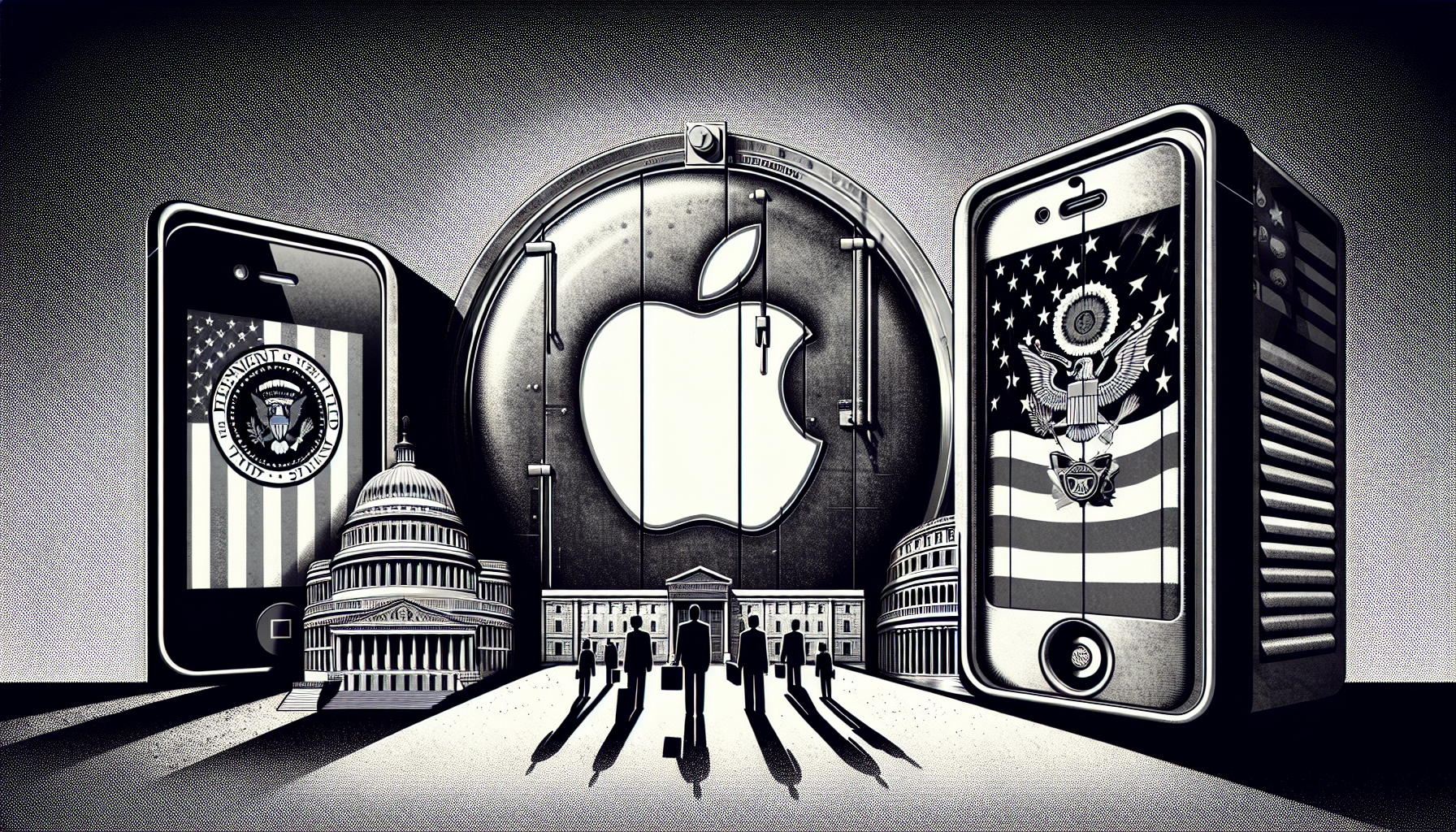
Apple’s Manufacturing Challenge: Balancing U.S. Demands and Global Supply Chains
Apple, a leading global corporation, finds itself once again under scrutiny as political calls intensify for it to increase domestic production in the United States. Former President Donald Trump has reaffirmed his intention to shift iPhone manufacturing to U.S. soil, a commitment that has re-emerged amidst the approaching 2024 election cycle. Nonetheless, Apple has opted not to respond to this renewed initiative, indicating a deliberate and tactical stance on a multifaceted matter.
The Legacy of U.S. Manufacturing Commitments
Trump’s Aspiration for American-Made iPhones
While in office, Donald Trump frequently championed efforts to restore manufacturing jobs to the U.S., positioning Apple prominently in these endeavors. In 2017, Trump revealed that Foxconn, Apple’s primary manufacturing ally, would create three “big beautiful plants” in the U.S., claiming they would serve Apple’s operations. However, these ambitions largely faltered. The COVID-19 pandemic halted construction, and one of the sites was transformed to manufacture face masks instead of Apple items.
The Texas Facility Visit
In 2019, Apple pledged to assemble the MacBook Pro at a facility in Texas, which Trump subsequently visited. Although this was promoted as progress towards U.S. iPhone production, it ultimately did not meet expectations. The factory was dedicated solely to MacBook assembly and did not signify any substantial change in Apple’s global manufacturing approach.
Strategic Navigation: Apple’s Diplomatic Effort
Tim Cook’s Strategic Diplomacy
Apple CEO Tim Cook is well-regarded for his diplomatic strategies. During Trump’s initial term, Cook effectively secured tariff exemptions for Apple products while avoiding commitments to significant U.S. manufacturing. Analysts suggest Cook may once more be employing a similar strategy, supported by Apple’s recent $500 billion investment pledge, which might act as leverage in forthcoming negotiations.
Limited U.S. Production as a Political Compromise
Morgan Stanley analyst Erik Woodring indicates that Apple might consider limited U.S. manufacturing of smaller devices, such as the HomePod or AirTags, to appease political interests without drastically altering its international supply chain. This tactic enables Apple to retain flexibility while appearing amenable.
The Intricacies of Apple’s Global Supply Chain
India’s Expanding Role in iPhone Manufacturing
To address challenges stemming from U.S.-China trade conflicts, Apple has increasingly leveraged India, now producing around 35 million iPhones each year in the country—a figure that could significantly meet U.S. demand. This strategic adjustment enables Apple to broaden its manufacturing base while lessening its reliance on China.
China’s Superior Manufacturing Capability
Despite attempts to diversify, Apple remains predominantly dependent on China. The nation provides an adept labor force and a comprehensive manufacturing network that is hard to replicate elsewhere. For example, Foxconn added 50,000 workers at its largest Chinese plant last autumn to satisfy iPhone demand during the September product launches. This scale and production speed remain unmatched in the U.S.
Tim Cook as a Global Mediator
As tensions between nations heighten, Tim Cook may play a pivotal role in managing the intricate dynamics between the U.S. and China. Analysts believe Cook’s expertise and diplomatic finesse position him as a likely intermediary in prospective trade discussions. His capability to anticipate political shifts—such as stockpiling iPhones or rerouting shipments via India—illustrates his skill in guiding Apple through challenging times.
Conclusion
Apple’s hesitance to commit to extensive iPhone production in the U.S. reflects the delicate equilibrium it must uphold between political pressures and operational practicalities. While gestures like assembling MacBooks in Texas or domestically manufacturing HomePods may satisfy some critics, the company’s main manufacturing activities are expected to continue overseas for the foreseeable future. As the global technology landscape transforms, Apple’s strategy of diversified operations, diplomacy, and well-calibrated concessions will be vital for its ongoing success.
Frequently Asked Questions
1. Why hasn’t Apple relocated iPhone production to the U.S.?
Apple heavily depends on China’s sophisticated manufacturing ecosystem and skilled workforce, which are not easily duplicated in the U.S. The efficiency, speed, and cost-effectiveness of manufacturing in China pose significant challenges for Apple to transition iPhone production domestically.
2. What items are currently manufactured by Apple in the U.S.?
Apple assembles select MacBook Pro models at a facility in Texas. Additionally, there is speculation that Apple might initiate small-scale production of items such as the HomePod or AirTags in the U.S. to align with political expectations.
3. How is India becoming integrated into Apple’s supply chain?
Apple has substantially ramped up iPhone production in India, now manufacturing about 35 million units each year. This strategic move aids Apple in decreasing its dependence on China and provides a safeguard against geopolitical uncertainties.
4. What role did Trump play in Apple’s U.S. manufacturing endeavors?
During his presidency, Trump advocated for Apple to produce iPhones in the U.S. and announced intentions for Foxconn to establish facilities in America. Nonetheless, the majority of these initiatives faced delays or cancellations, resulting in minimal effect on Apple’s overarching manufacturing strategy.
5. Is it feasible for Apple to entirely manufacture iPhones in the U.S.?
While not out of the question, it is exceedingly improbable in the near future. The U.S. lacks the requisite manufacturing infrastructure and skilled labor force necessary to produce iPhones at the scale and efficiency that Apple requires.
6. How does Apple navigate trade tensions between the U.S. and China?
Apple employs a blend of diplomatic relations, supply chain diversification (such as expanding operations in India), and strategic concessions to maneuver through trade tensions. CEO Tim Cook is instrumental in fostering relationships with both parties.
7. Are there political consequences for Apple if it does not manufacture in the U.S.?
Yes, Apple could encounter political scrutiny, potential tariffs, and public backlash. However, the company mitigates these risks through lobbying, strategic investments, and limited domestic production to demonstrate goodwill.